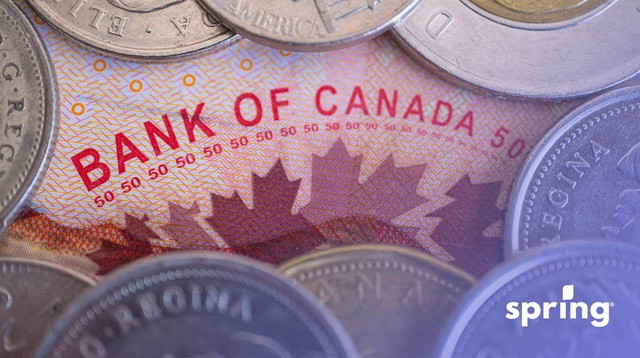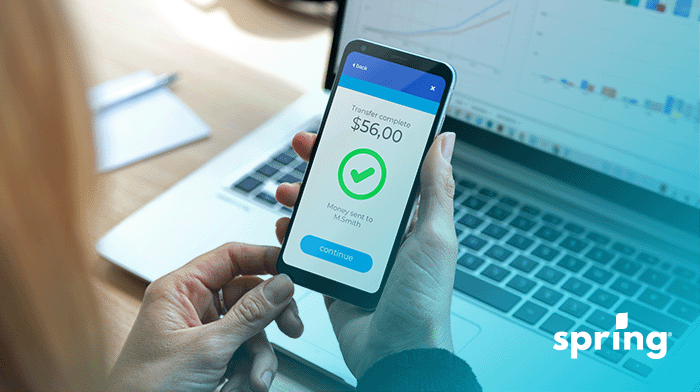Are you a student gearing up for the school year and looking for ways to keep costs down? Keep this grocery list of nutritious-yet-affordable foods on hand for meal and snack times. You can also scroll to the bottom for tips on how to protect yourself from coronavirus when grocery shopping.
Budget-Friendly Non-Perishable Food Items
Canned goods and other non-perishable foods are great to stock up on because they don’t expire for years. They’re also inexpensive and can be a great source of vitamins and minerals.
Here are some low-price staples to pick up:
- Canned beans and legumes: Black beans, kidney beans, lentils, and chickpeas are incredibly versatile and be used to make everything from soup and chilli to hummus and grain bowls.
- Canned fruits and vegetables: Green beans, corn, and carrots come packed with fibre, while pineapples, grapefruits, and mandarin oranges are rich in vitamin C. For a sweet snack, get some dried fruit like cranberries and raisins.
- Dry grains: Things like quinoa, rice, and oats will keep you full for the least amount of money.
- Tinned fish: Tuna, salmon, and sardines are great fillings for sandwiches and wraps.
- Pasta and jarred sauce: You can save even more money by preparing your own sauce with canned tomatoes.
- Canned soup: Make chicken noodle soup and beef stew your go-to meals when you’re not in the mood to cook.
- Cereal and oatmeal: Boxes of cereal and instant oatmeal provide hearty breakfasts and can be enhanced with nuts, seeds, and dried fruit.
- Flour: Whip up biscuits, tortillas, pancakes, and more with flour and a few other ingredients.
Affordable Frozen Foods
Frozen foods last long and can be just as healthy as fresh items.
Consider loading up your freezer with these delicious and cheap options:
- Fruits and vegetables: Mixed frozen vegetables can be easily added to soups, pasta, and stir-fries. You can also make nutrient-packed smoothies with frozen fruits.
- Ground beef or turkey: Freeze these inexpensive types of meat and defrost them when you’re ready to make tacos, stews, or casseroles.
- Burritos: If you’re a vegetarian, bean burritos can give you the plant-based protein you need. They also don’t take up much room in your freezer and are quick to prepare.
- Pizza: Skip the delivery and save money by baking a frozen pizza at home.
Low-Cost and Long-Lasting Produce
Keep in mind that not all perishable foods are created equal. Some stay fresh for longer so it’s important to fill your grocery cart with the right items.
These fresh goods will keep the longest and won’t break the bank:
- Root vegetables: Onions, garlic, carrots, and potatoes are used in countless recipes and don’t spoil for weeks.
- Hardy vegetables: Celery, kale, and broccoli keep well for one to two weeks in the fridge. Cabbage can stay fresh for up to two months.
- Citrus fruits: Oranges, grapefruits, and lemons are excellent for your immune system and have a shelf life of up to two weeks.
- Apples: Apples are loaded with fibre and vitamin C, and remain fresh for almost a month when refrigerated.
- Bananas: Make smoothies and baked goods when your bananas get too ripe. Or peel and freeze to add to oatmeal, smoothies, and baked goods later.
- Eggs: Eggs are a cheap source of protein and an essential ingredient if you love to bake.
- Bread: Extend the life of your bread loaves, bagels, and tortillas by freezing them.
How to Protect Yourself from Coronavirus While Grocery Shopping
You can prevent the spread of the virus by following these precautions:
- Practice social distancing and stay at least two metres from others. You can also avoid crowds by shopping at off-peak hours.
- Wipe down your cart or basket with a disinfecting wipe before you use it.
- Pay with a credit card or debit card so you don’t have to exchange money with the cashier.
- Wash your hands after you’ve put away your groceries.
- Give your fruits and vegetables a good wash before you eat them. Feel free to use a bit of warm soapy water if you want to be extra precautious.
Spring Financial serves Canadians with practical advice on personal finance and credit-building solutions. Whether you have bad credit or no credit, we know how to help make your financial future brighter. Bookmark and subscribe to our blog for more useful tips, or speak to one of our consultants today to see how we can help!
Related Articles
- 13 Back-To-School Shopping Tips That Will Save You A Fortune
- Make Extra Money Online With These 8 Side Hustle Ideas
- Staying Home? Enhance Your Career Skills With These Free Online Courses
- How To Pay Off Student Loans Fast In Canada








